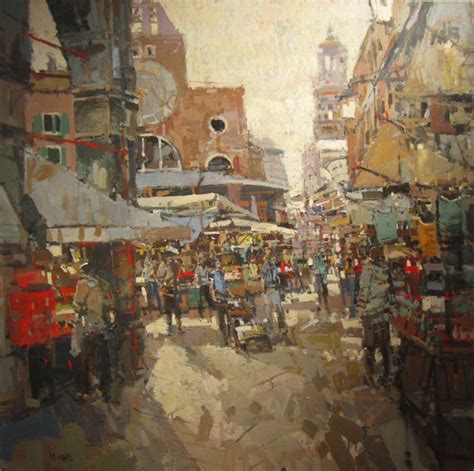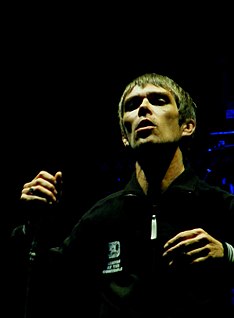A Quote by Oscar Wilde
All criticism is a form of autobiography
Quote Topics
Related Quotes
People are more interested in reading bombastic ideas, whether they're positive or negative. Part of me has sort of lost interest in doing criticism because of that. I've always realized that criticism is basically autobiography. Obviously in my criticism, it's very clear that it's autobiography, but I think it's that way for everybody.
Eclectic is a word that appears almost as much as the word smarmy in rock journalism and I've come to the fact, just as a personal side, this reminds of Oscar Wilde's insight that criticism is the highest form of autobiography. I think that's exactly what rock journalism has attempted to do, to celebrate its autobiography at my expense.
That is what the highest criticism really is, the record of one's own soul. It is more fascinating than history, as it is concerned simply with oneself. It is more delightful than philosophy, as its subject is concrete and not abstract, real and not vague. It is the only civilized form of autobiography.
Reminiscences, even extensive ones, do not always amount to an autobiography. For autobiography has to do with time, with sequence and what makes up the continuous flow of life. Here, I am talking of a space, of moments and discontinuities. For even if months and years appear here, it is in the form they have at the moment of commemoration.
I take criticism so seriously as to believe that, even in the midst of a battle in which one is unmistakably on one side against another, there should be criticism, because there must be critical consciousness if there are to be issues, problems, values, even lives to be fought for... Criticism must think of itself as life-enhancing and constitutively opposed to every form of tyranny, domination, and abuse; its social goals are noncoercive knowledge produced in the interests of human freedom.
I don't have a very high opinion, actually, of the world of criticism - or the practice of criticism. I think I admire art criticism, criticism of painting and sculpture, far more than I do that of say films and books, literary or film criticism. But I don't much like the practice. I think there are an awful lot of bad people in it.
Self-criticism is not "love," and it is certainly not indifferent. It's a form of hatred. And when I name that, when I see it for what it is (raw and uncomfortable and saddening), when I refuse to sugar-coat self criticism, judgment, agitation, and constantly trying to improve myself, then I'm one quantum leap closer to freedom.





































